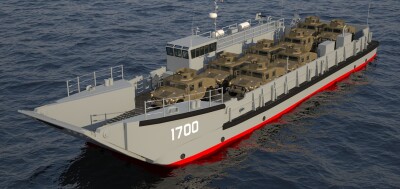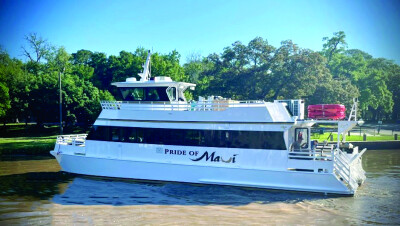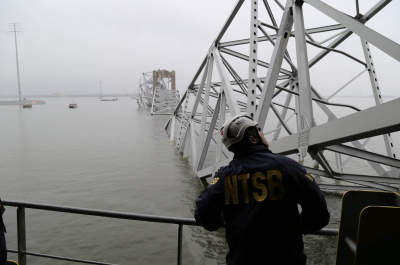A Passenger Vessel Association (PVA) regional meeting last week touched on an issue that’s near to every operator’s aspirin supply: Coast Guard casualty reporting requirements, aka Navigation and Vessel Inspection Circular (NVIC) 2692.
Peter Lauridsen, PVA’s regulatory affairs consultant, said the Coast Guard’s interpretation of when and why to file a report is “all over the globe.”
“Our general complaints were that the Coast Guard has driven casualty reporting far beyond the definition,” he said at the industry day co-sponsored by the Coast Guard aboard Island Queen Cruises’ Biscayne Lady in Miami.
In the interest of safety, the agency is practically requiring near-miss reporting, and submitting a 2692 is almost a presumption of having done something wrong, he said. “We see it as being a trigger that invokes almost an automatic response that disenfranchises you as a mariner.”
There’s confusion about when to submit a report and the threat of a fine if you don’t submit one and the Coast Guard later decides you should have.
So in an attempt to clarify reporting requirements, the Coast Guard in January issued a notice of a draft NVIC and received comments from a wide range of operators who said that even more substantial revisions were needed.
The program is “not structured to improve safety in the towing industry,” said TradeWinds Towing, which operates out of St. Augustine, Fla., and New Orleans, in an opinion echoed by others. Instead, the Coast Guard should “initiate regulatory changes to redirect the focus of the program away from reporting of inconsequential incidents and focus instead on reporting criteria that facilitate accident prevention.”
Hornblower Yachts, a large San Francisco-based dinner cruise and ferry operator, said it agreed that a “momentary, unintentional grounding” should be reported “only if it also meets another regulatory criteria that would require reporting” or creates a hazard to navigation, the environment or safety of the vessel. “This appears to cover a ‘touch and go’ situation.”
In addition, “the term ‘loss’ should mean something other than a transitory condition, something other than momentary, and something other than the use of redundant systems installed purposefully to ensure reliability of continued operations. "That’s why we have redundancies built in,” Hornblower said. The current marine casualty reporting system “has suffered – pardon the pun – a complete loss of steering …. Inconsistent policies have led to inconsistent reporting, and the marine industry is caught right in the middle.”
The comments are still being reviewed, so there is no set date for a final guidance, said Coast Guard spokesman Lisa Novak.
They’ve got a lot to chew on, and operators are clearly eager for relief – the sooner the better.
To see the proposal and all comments, go to: www.regulations.gov, and search for USCG–2013–1047.




